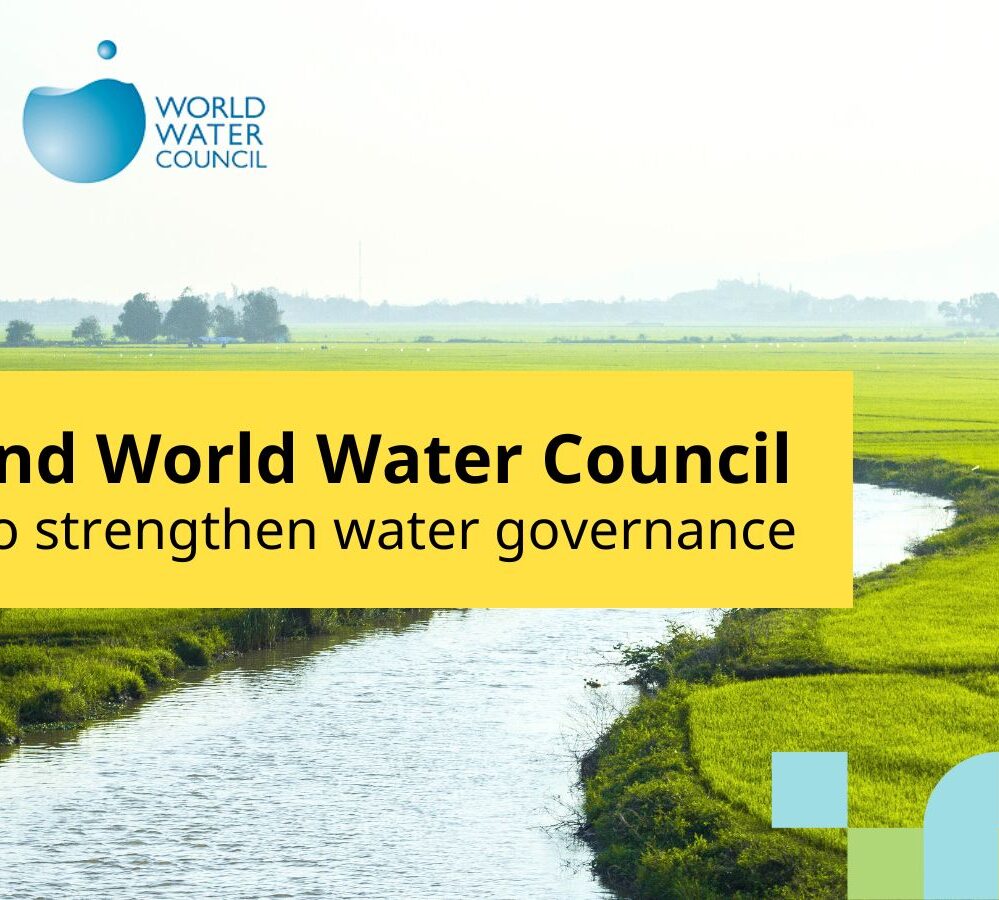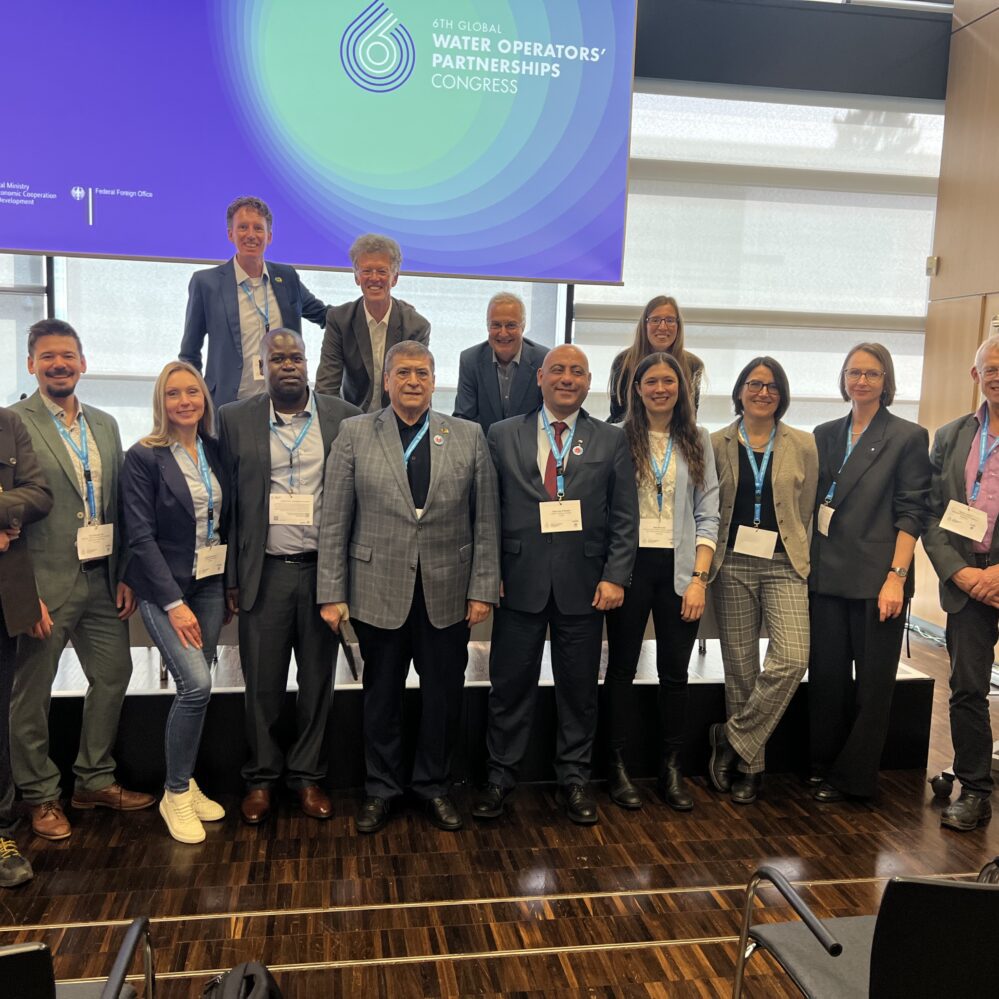At a time when over 90% of global disasters are climate-related, with water at their core, effective water governance has never been more urgent. On 12 November 2025, a session focused on building water resilience through collective action was held in the Water for Climate Pavilion at COP30. Opening the session, Kate Strachan, Senior Manager: Climate Change Resilience, DRR & Coastal Management at ICLEI Africa, highlighted that managing water resources and protecting natural ecosystems are fundamental to building resilience against climate shocks. The impacts of these shocks are felt at the local level and that is where collective action needs to start.
Keynote speaker, Tito Livio Pereira Queiroz e Silva, Deputy Executive Secretary of the Ministry of National Integration and Regional Development in Brazil, emphasises that water resilience cannot be achieved by any sector alone. It requires collaboration across all levels of government, community and other stakeholders. Locally grounded and globally scaled solutions. Brazil is scaling locally-grown solutions, for example, the freshwater program. He concluded adding that multi-stakeholder actions are not a complementary feature but rather foundational to effective water resilience governance.
Translating global ambition into local impact
Paula Martinelli of Wetlands International shared progress on the Freshwater Challenge, a global initiative helping countries meet national targets for restoring and conserving freshwater ecosystems. Over 54 countries, including the EU, have joined the effort.
From one of those countries, Teddy Taylor of Liberia’s Department of Multilateral Environmental Agreements noted that freshwater ecosystems are central to Liberia’s NDCs and vital to its hydropower future: “Healthy freshwater ecosystems mean a healthy hydroelectric future.”
Collective action for resilience
Dr Lucy Mtilatila, Director for Climate Change and Meteorological Services, Malawi’s Ministry of Natural Resources, Energy and Mining, called for stronger private-sector involvement in implementation, noting that while Malawi’s water policies are now aligned across stakeholders, action must match ambition.
From the United States, Lynda Hopkins, Sonoma County Supervisor, described a pioneering example of Tribal Nations and government collaboration on California’s North Coast, where an integrated watershed plan—co-led by 35 Tribal Nations—protects critical ecosystems in one of the state’s most fire-prone regions.
Kristin Hughes, Global Head of Sustainability at Diageo, highlighted the company’s Water Stewardship Collective Action programme, which drives water replenishment across 12 priority water-stressed basins in 12 countries, including India’s Godavari and Mexico’s Charco Bendito.
Putting water at the center of resilience efforts, Dr Bruno Marques, President of the International Federation of Landscape Architects, elaborated on a Maori proverb: “Ko au te awa, ko te awa ko au” which translates to “I am the river, and the river is me”. The Whanganui River in New Zealand, recognised as a living entity, is co-governed by Tribal Leaders, government and community members — guided by the question, “What does the river need to be healthy?”
Across all interventions, one message stood out: Trust and credibility form the backbone of multistakeholder collective action. Sustained water resilience depends not only on sound policies and investments, but on the relationships that make collective governance work.
Watch the recording here.
This session was hosted by AWS, ICLEI, SIWI, WWF, Diageo, UNICEF, Wetlands International, IFLA, LIXIL Corporation, Malawi’s Ministry of Environment and Climate Change and Water for People in the Water for Climate Pavilion





